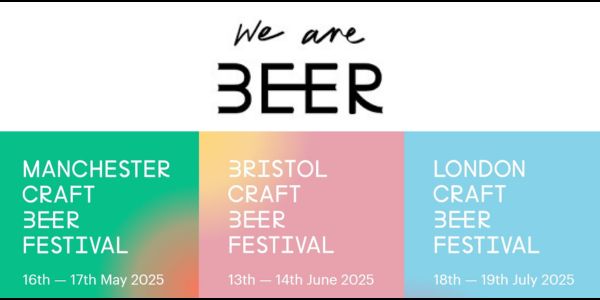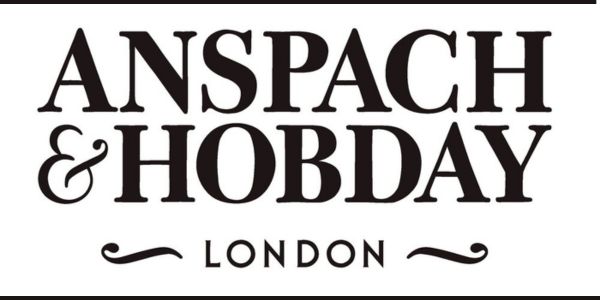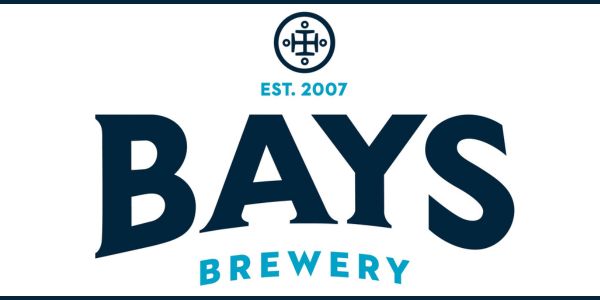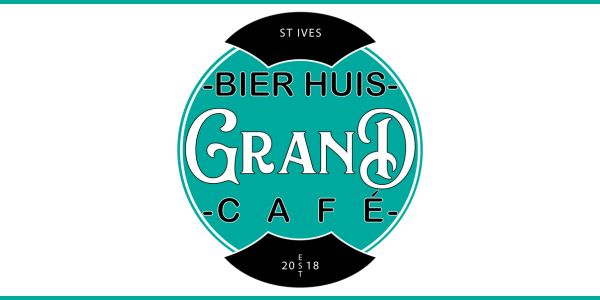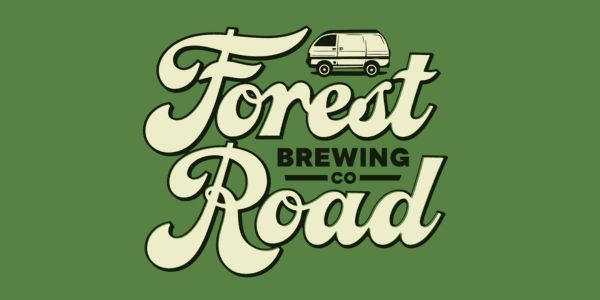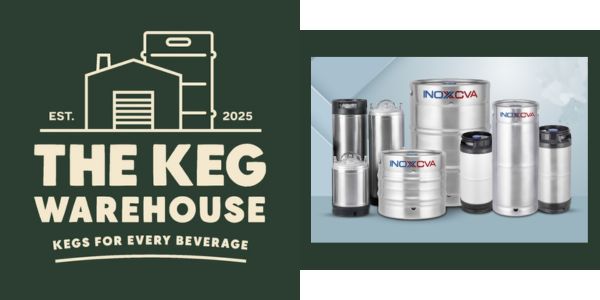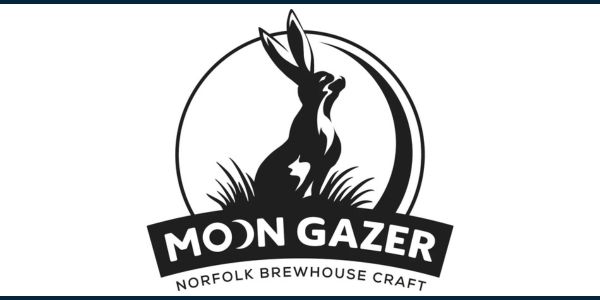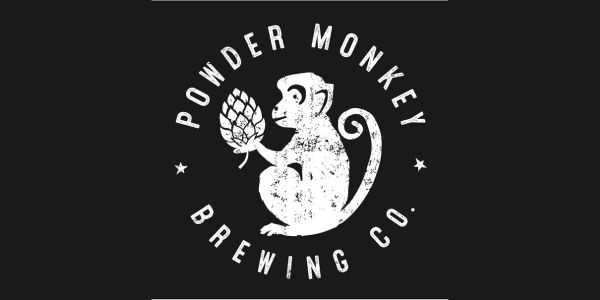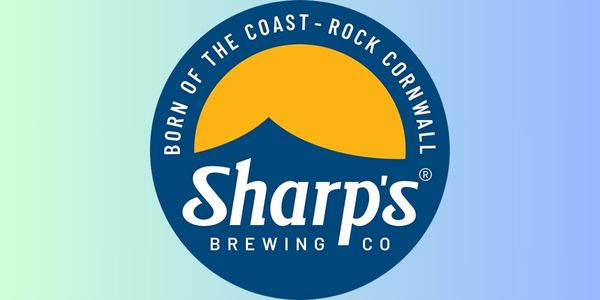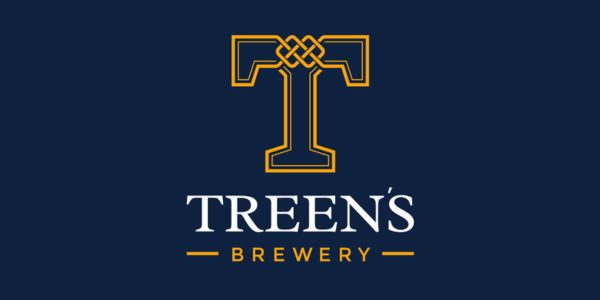Britain’s leading managed restaurant, pub and bar groups achieved modest sales growth in October, according to the latest Coffer CGA Business Tracker.

The Tracker, produced by CGA in partnership with The Coffer Group and RSM, shows total sales were up by 3% on the pre-covid levels of October 2019. Sales were 64% higher than in October 2020, when trading was subject to severe covid restrictions.
October was a slightly better month for pub groups than restaurants, with total sales growth of 3% and 2% respectively. Bars performed best of all with an increase of 13%, as the recovery of the late-night market continued.
The Tracker also highlights a contrast in trading in London, where a shortage of office workers and tourists meant sales were down by 4% on October 2019; and beyond the M25, where they rose by 6%.
Across all sectors and regions, October delivered a third consecutive month of 2021-on-2019 increases, though the rate of growth dipped from 8% in September. It indicates the resilience of managed groups, who remain under severe pressure from challenges including rising food, drink and energy costs and distribution and recruitment problems.
Businesses continue to feel the effects of covid and lockdowns, with rolling 12-month sales to the end of October 2021 down by 4.5% on the previous 12 months.
Heavy toll on hospitality
Karl Chessell, director, hospitality operators and food, EMEA, at CGA, said: “Managed groups battled hard to sustain sales in October, but patchy consumer confidence and a host of external challenges are making real-terms growth elusive.
“Covid has taken a heavy toll on hospitality, and while some businesses have flourished since the end of lockdown, others remain extremely fragile. Hopes are pinned on a strong Christmas trading period, but the sector needs and deserves sustained support in many areas, well into 2022, to help fuel its recovery.”
Mark Sheehan, managing director at Coffer Corporate Leisure, added: “This recovery is now proving itself to be longer term. Consumers value their hospitality experiences and operators are generally seeing steadily improving numbers.
“The bar and late-night market particularly is very strong, and we see this improvement as sustainable, not just in the short term but to 2022 and beyond. Very good operators are performing well in most locations.”
Paul Newman, head of leisure and hospitality at RSM, said: “Post lockdown euphoria appears to be waning, with sales growth compared to 2019 falling to 3% in October versus 8% in September, as consumers begin to feel the impact of rising household bills on discretionary spending.
“Sales comparisons to 2019 are also being impacted by acute labour shortages, forcing many hospitality businesses to cut trading hours with operators, conscious of the need to give their teams a chance to ‘recharge their batteries’ before the all-important festive trading season kicks in. It could spell the start of a long, hard winter for the sector if this downward trajectory in sales growth continues for the rest of the year.”
• A total of 59 companies provided data to the October edition of The Tracker.


